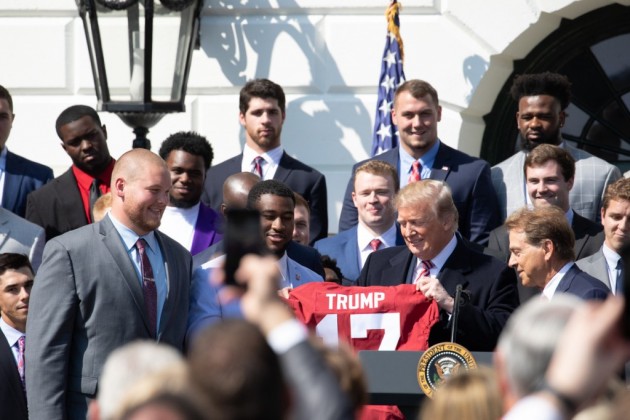The 1930s Tuskegee syphilis experiment used hundreds of poorBlack men in the eastern Alabama town as test subjects to see whatwould happen if their syphilis was left untreated. The experimentwent on for 40 years even after the discovery of penicillin as atreatment for the disease and ended after it was exposed in a 1972Associated Press report. This is one of the main reasons AfricanAmericans still lack trust for doctors and hospitals.
Brittney Therlkeld a sophomore at MichiganState University said “Blacks have a lack of trust toward themedical field because some doctors only care about therich.”
Despite the fact that African Americans aredying from fatal diseases such as High Blood Pressure(Hypertension), Breast Cancer, and Sickle Cell Anemia, AfricanAmericans are one of the least likely group to donate organs.Nationally Black patients make up 27 percent of the waiting listfor organ donations, though only 12 percent of donors are Black,says the Organ Procurement and Transplantation Network.
Dr. Yvonne Friday of the Children’sHospital Of Michigan says “many Blacks aren’t eveneducated on the seriousness and the importance of becoming organdonors.”
An article printed in USA Today states thatthe donor gap leaves Blacks who need kidneys waiting an average 18months longer for a transplant than whites. The reason isobvious—Blacks do not donate or are not aware of theimportance of becoming organ donors.
The disparity is even greater in Alabama, withBlack patients covering 66 percent of its waiting list, while only21 percent of the states 3,274 organ donors are black. African Americans throughout history have not been treated asfairly as whites especially in health care, but blacks can start byhelping themselves. Donating organs can become a life savingand changing experience for the receiver and giver.


